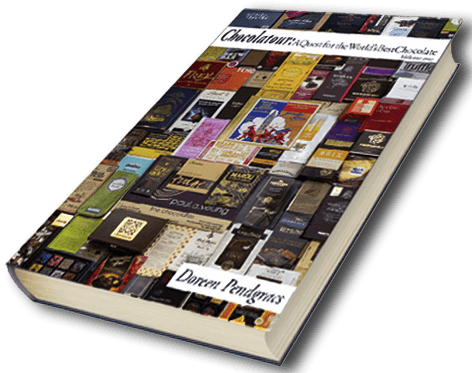I’ve changed directions with my career over the last while. Largely in part because of the failing economy and unfair contracts being offered in the periodical world. So I’ve refocused my attentions to books to help me in achieving my goals as a writer. The economy is bad and people have less money to go out and to travel just for the sake of going places, so they are buying more books to keep themselves entertained and informed. Visit any bookstore to confirm my assertion. Any ones we’ve been in lately have been crazily busy. And more people are buying e-books as well.
achieving goals
My father was a prime example of the philosophy that a good book can double for any life experience. He always used to say, “If I can read about it in a book, why do I have to go there?” Let’s hope there is a significant portion of the population that shares his beliefs.
Fortunately, I have had some experience in book writing. I’ve co-authored two books. Most recently, the Manitoba Book of Everything, which has sold very nicely since its release last fall.

Barb Edie and I signing copies of the Manitoba Book of Everything in Winnipeg.
Prior to that, I co-wrote the first edition of Frommer’s Newfoundland & Labrador. In both cases, the books involved templates provided by the publisher and authors were told to follow instructions and write according to it.
For my current, project, it is a completely different story. I am writing a book from scratch. “Before You Say Yes …” is a book about being on a board of directors. It will recap my experiences on numerous boards over the past 25+ years and provide helpful info for anyone considering taking on a board position. Dundurn Press will publish this book in March, 2010.
All 60,000-75,000 words of it! That is a daunting figure for a periodical writer as that represents the equivalent of about 60 magazine, newspaper or web stories. It will certainly take determination and focus to get me thru that project!
achieving goals as a writer can challenging
So just how does a periodical writer make that leap from working on short assignments (which are ideal for people with relatively short attention spans like me) to writing a complete manuscript?
I’ve found a way to translate it into bite-sized chunks, making the idea easier for me to digest. I have divided the book into 12 chapters. That means that each chapter will be relatively 5,000 words in length. I can relate to 5,000 words far easier than I can relate to 60,000.
And as each work week has 5 days, if I write 1,000 words/day or 5,000 words/week, I can get the book completed by the end of September, my contractual deadline.
How do you deal with your goals? Have you set a goal that now seems daunting to you? Perhaps if you cut it into bite-sized chunks, it will seem more achievable and you will feel more confident and determined to attain it.
I think this approach will work for any discipline or task. If you’ve had experience in successfully chopping up your goals into bite-sized pieces and achieved the desired results, let the rest of us know. We can all learn from the successes of others.















Doreen, we must be kindred spirits because I took the same approach when I wrote two back-to-back 60,000-word books for the Financial Times. Sometimes, that 1,000 words took me all day. Sometimes it took me a couple of hours and then I would ski for the rest of the day.
It helps not to have any distractions. I did all of the research in the city, then retreated to a beautiful, quiet spot northeast of Toronto and just wrote and wrote and wrote and did manage to pull it off in 60 days or less. I couldn't have been that productive if I had high-speed internet, e-mail and Facebook at hand. Or my 5-year old.
Thanks for your comment, Paul. I actually have done what you recommended. i.e. breaking each chapter into bite-sized pieces that I can easily add to or write in any order I please. That approach is working very well as I am interviewing different people for each chapter and I can just plug their comments into the appropriate place this way with ease.
Paul's economically-priced e-book comes highly recommended by several colleagues, so if you are planning to write a non-fiction book and have to do it quickly, you might want to check it out.
I totally agree with your approach – translating your book idea into bite-sized chunks, making the idea easier for you to digest. As you say, 12 chapters of about 5,000 words each is easier to write than 60,000 words. If I can take that a step further, see if you can chunk each chapter into a detailed outline. That way you only have to write several paragraphs at a time. You can stop at any time and you will never lose your train of thought. Also, before you start writing, you can look at your outline and make sure you have included all you want to write about (and excluded anything you don't need to write about) and you can ensure your points are in logical order. That method has helped me write 10 books in under 3 years – my latest being "How to Write a Non-fiction Book in 60 Days". All the best with your book project! – Paul Lima (www.paullima.com/books)